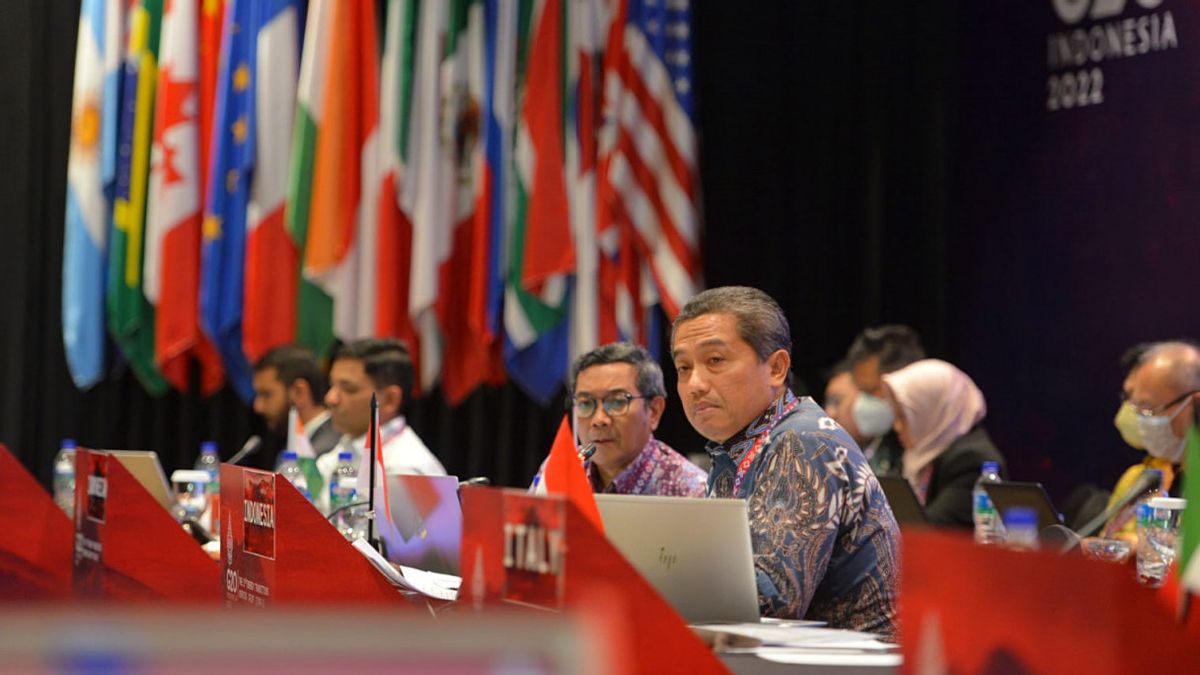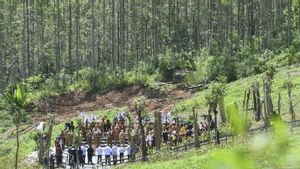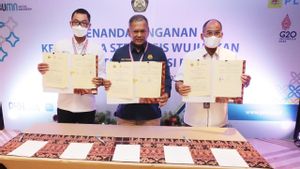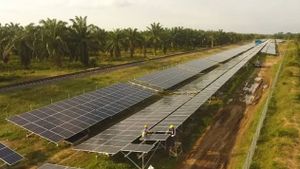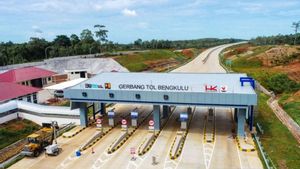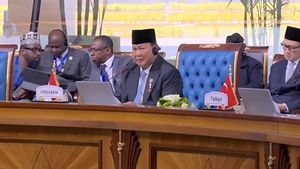JAKARTA - The series of sessions of The 2nd Energy Transitions Working Group (ETWG) officially ended on Thursday, June 24, 2022. In general, session participants have agreed on the principles for accelerating energy transitions, including the draft Bali Common Principles in Accelerating Clean Energy Transitions (Compact).
"For the past two days we have had very good communication. They (G20 members) appreciate the Indonesian Presidency, what we convey is what they need. Especially for the Bali Compact, in general they agree, there are still some editorial changes," said the Chair of ETWG Yudo Dwinanda Priaadi in a written statement, Monday, June 27.
The entire draft of the Bali Compact, continued Yudo, refers to three main issues, namely access to energy, technology, and funding. "We will return to the basic issue. If this is handled properly, we hope to (answer) the big theme, namely recovering together, recovering stronger," he said.
One of the points in the Bali Compact is energy security. This discussion is important considering the onset of the energy crisis following geopolitical tensions and the post-COVID-19 pandemic.
"Everyone agrees that no one in the world, especially G20 countries, does not have access to energy. That's why we propose energy justice (just energy)," explained Yudo.
He emphasized that currently access to energy is a problem for both developed and developing countries. "This is the first time that they (developed countries) have spoken (of the importance of access to energy). So this is a worldwide concern," he explained.
VOIR éGALEMENT:
In addition, Yudo said that reducing emissions is one of the real outcomes in the G20 energy forum. "These are two sides of the same coin, so the meeting of energy and the environment is designed back to back," added Yudo.
So far, the results of the trial have not specifically determined the type of technology used to accelerate the energy transition. During the trial, the Indonesian Presidency actually received offers from several G20 countries to implement certain technologies, such as carbon capture.
"We haven't determined it (carbon capture). But it has been submitted by several countries. They have even proposed it to Indonesia as the Presidency. This is high-level in nature, sort of determining first a common principle, whether we need to talk about certain technologies," explained Yudo.
The G20 energy forum itself agrees on the importance of slowly utilizing new and renewable energy (EBT) to replace fossil energy sources. Even so, the implementation of policies still adjusts to the conditions of each country. "That's why energy transitions use (the letter) 's' because each country is different," concluded Yudo.
The English, Chinese, Japanese, Arabic, and French versions are automatically generated by the AI. So there may still be inaccuracies in translating, please always see Indonesian as our main language. (system supported by DigitalSiber.id)
